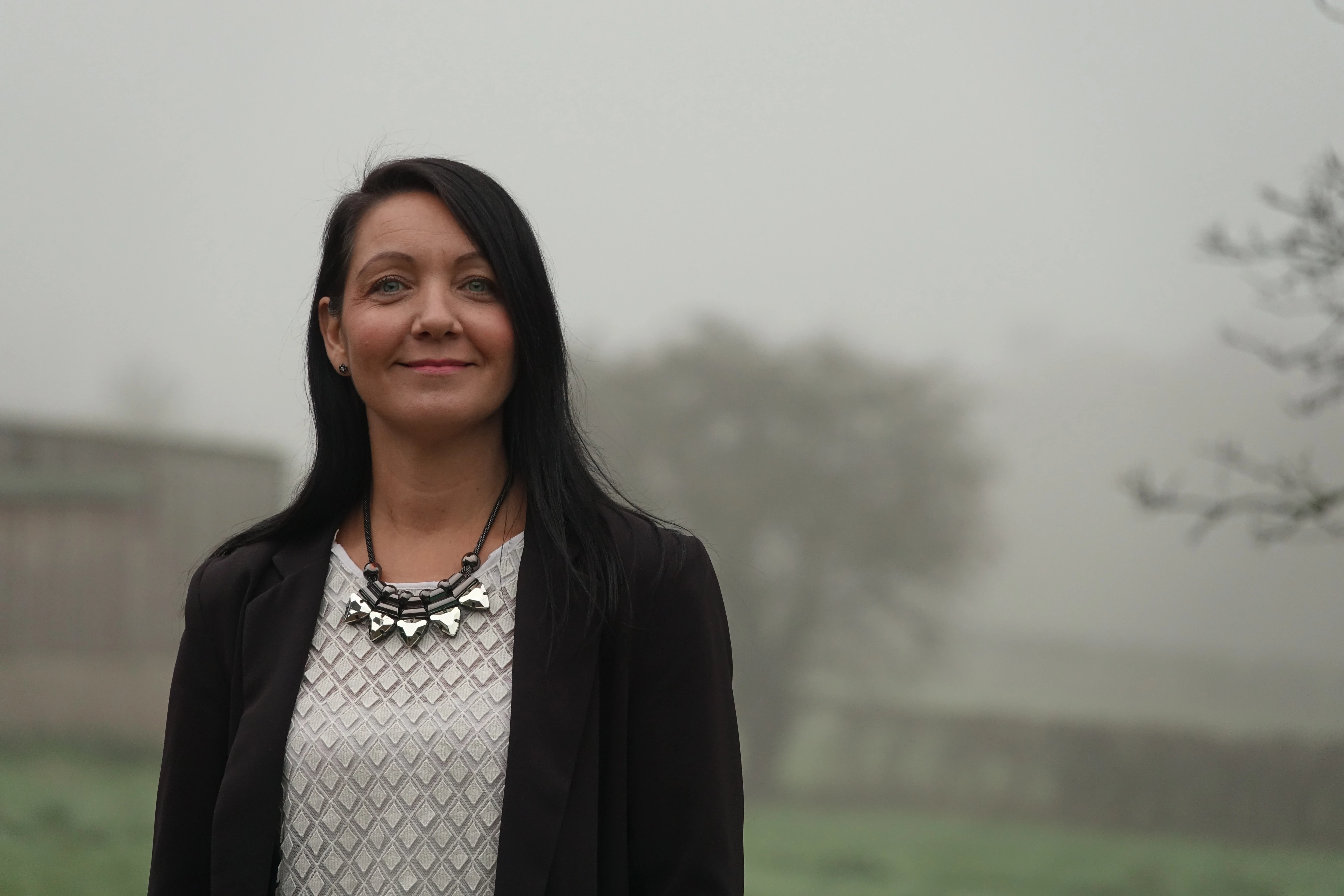
Partner Article
Change is an important element of business life
Whilst change is something that is constant, there is always an element of resistance to change. Global businesses know that to maintain their position on the world stage, adapt to the ever demanding consumer and to stay one step ahead of their competitors, they have to continually evolve.
And the only way to ensure any change happens as smoothly and as effectively as possible is to have their entire business engaged and onside from day one.
Over the years I have worked with some of the UK’s biggest and best-known names in the leisure and retail industry. My role, either as a permanent team member, or more recently as a consultant, is to implement change, which is not always an easy task.
According to many reports, a significant number of change programmes – some three quarters – actually fail. A huge percentage and it’s worth asking why this is the case?
As humans we like things to stay the same; the familiar processes and the habitual behaviours we have adopted. We don’t like change. We are fearful and suspicious of change. Rightly or wrongly we believe that change will ultimately lead to the loss of jobs.
In business, as well as in life, we recognize that change has become the new norm! That said, we don’t always like it nor want it, particularly when we know it’s going to have an impact on our daily lives, as well as that of the lives our colleagues too.
When it comes to embarking on change the communication exercise is crucial. And this is where many businesses fall down. Sharing the vision of the “new way” and “the new benefits” is, more often than not, the key focus of the business transformation launch strategy.
What tends to be overlooked in all the excitement are the very things that a company has successfully achieved in the past.
In other words, the business is left reeling at the conclusion that everything that has gone before hasn’t been particularly good, or at worst, has been an abject failure, hence the need for this new and sudden change of direction.
The very word ‘change’ brings with it a different meaning to different people. For some change is exciting. It means new opportunities and the chance to do something differently that will, they hope, will make a real difference. A change for the better.
But for others they fear the very word itself. Change is scary. They are suspicious. It’s moving away from a comfort zone they may have operated in for a number of years. And how many times have you heard people grumble ‘if it ain’t broke, don’t fix it’?
For me there is a better way to help people to embrace change, and that is to emphasize what will stay the same. At the beginning of any business transformation, this is where the focus needs to be.
By communicating it this way the vision for change – which, more likely than not will lead to a transformation in working practices and the potential for jobs losses - is balanced and with some continuity.
By doing it this way firms may find themselves taking the majority of their people with them from the beginning on this new journey. If not, they will probably join the 75 per cent of others that have failed in their endeavours to bring about change.
This was posted in Bdaily's Members' News section by Mark Watts .
Enjoy the read? Get Bdaily delivered.
Sign up to receive our daily bulletin, sent to your inbox, for free.








 Raising the bar to boost North East growth
Raising the bar to boost North East growth
 Navigating the messy middle of business growth
Navigating the messy middle of business growth
 We must make it easier to hire young people
We must make it easier to hire young people
 Why community-based care is key to NHS' future
Why community-based care is key to NHS' future
 Culture, confidence and creativity in the North East
Culture, confidence and creativity in the North East
 Putting in the groundwork to boost skills
Putting in the groundwork to boost skills
 £100,000 milestone drives forward STEM work
£100,000 milestone drives forward STEM work
 Restoring confidence for the economic road ahead
Restoring confidence for the economic road ahead
 Ready to scale? Buy-and-build offers opportunity
Ready to scale? Buy-and-build offers opportunity
 When will our regional economy grow?
When will our regional economy grow?
 Creating a thriving North East construction sector
Creating a thriving North East construction sector
 Why investors are still backing the North East
Why investors are still backing the North East